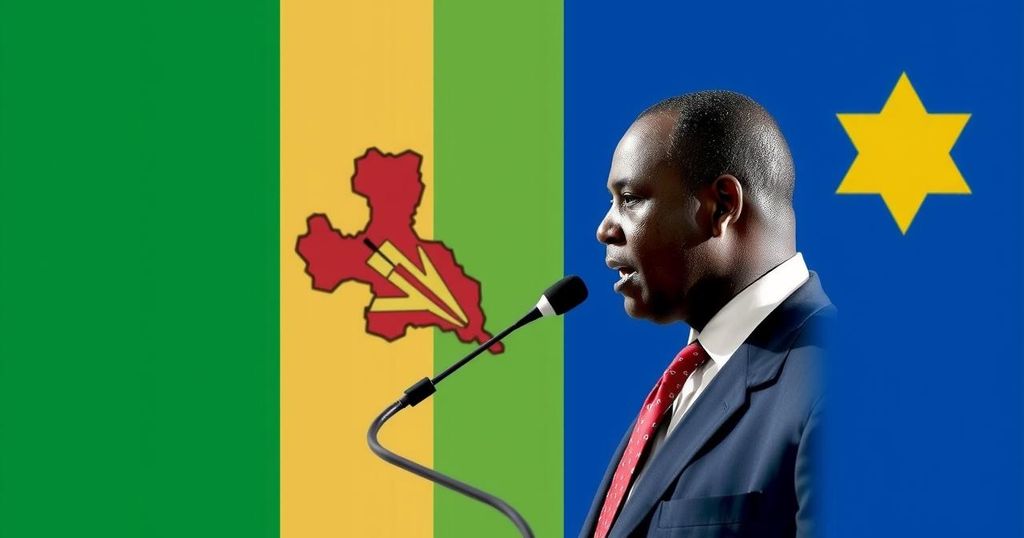Upcoming Namibian Elections: A Turning Point for SWAPO’s Longstanding Rule

Namibia is set to hold its seventh presidential and National Assembly elections on Wednesday, with SWAPO’s Netumbo Nandi-Ndaitwah vying to become the country’s first female president. This election could signal an end to SWAPO’s three-decade-long rule, with various candidates offering differing agendas to address pressing political and economic issues.
Namibia’s upcoming election, set for Wednesday, marks a pivotal moment as citizens prepare to choose their seventh President and elect new members to the National Assembly since achieving independence 34 years ago. The ruling party, SWAPO, seeks to maintain its longstanding dominance in Namibian politics. Its presidential candidate, Netumbo Nandi-Ndaitwah, stands on the cusp of potentially making history as the country’s first female president and the third female president in Africa. Political analysts emphasize the significance of this election, highlighting varying agendas among the leading candidates and underscoring challenges that may shape the electoral landscape.
Namibia has undergone significant political evolution since its independence from apartheid South Africa in 1990. SWAPO, or the South West Africa People’s Organisation, has been the dominant party in Namibian politics for over three decades. As the country approaches the elections, there are growing discussions regarding the prospects of change in governance, particularly concerning the enthusiasm of younger voters and the potential for dissent against established political norms. The election serves as a platform for reflecting on economic issues and governance that influence Namibian citizens’ daily lives.
In summary, the upcoming elections present a significant opportunity for Namibia to reassess its political trajectory. With a historic candidate in Netumbo Nandi-Ndaitwah and the longstanding rule of SWAPO at stake, voters are positioned to make a crucial decision that may redefine the nation’s future direction. The outcomes will likely have far-reaching implications, not only for the party in power but also for the broader socio-economic landscape in Namibia.
Original Source: www.voaafrica.com






